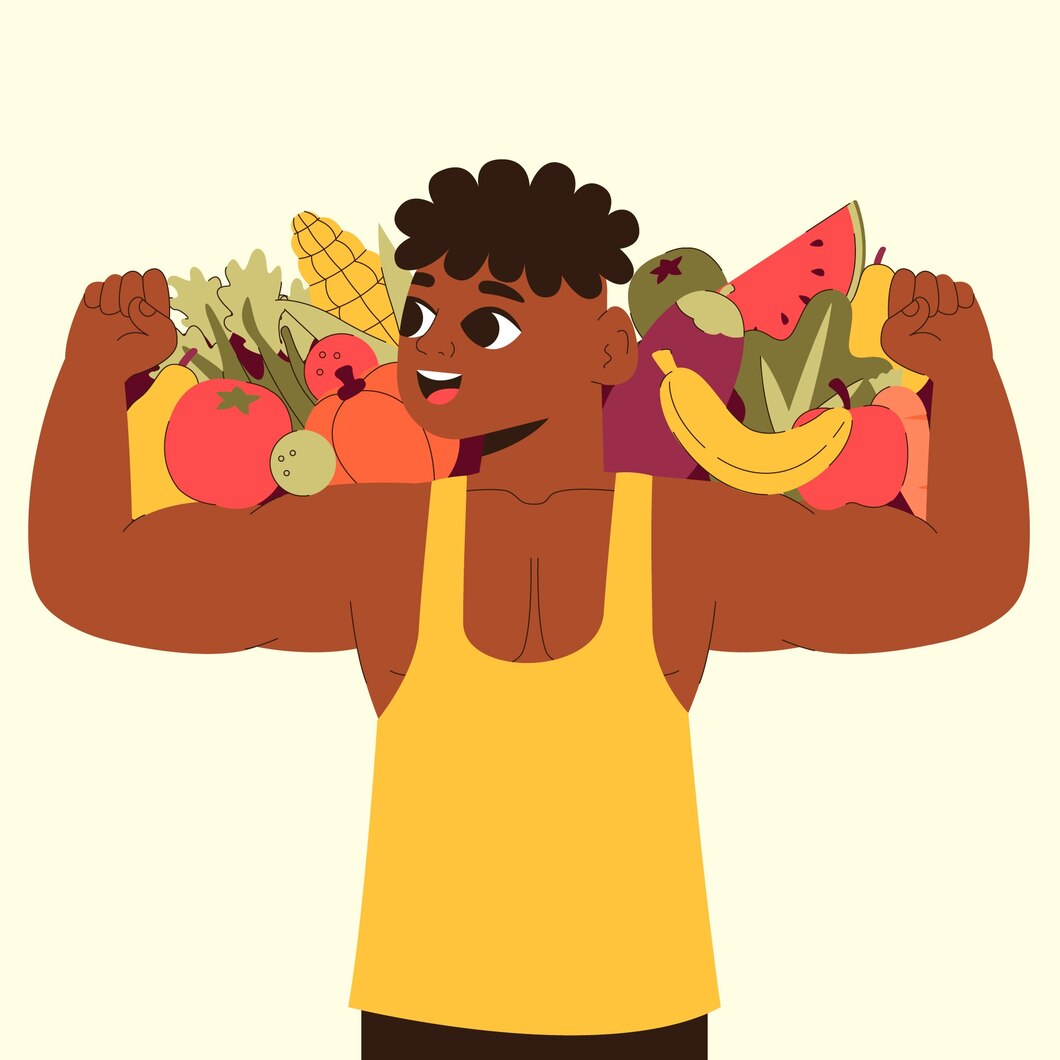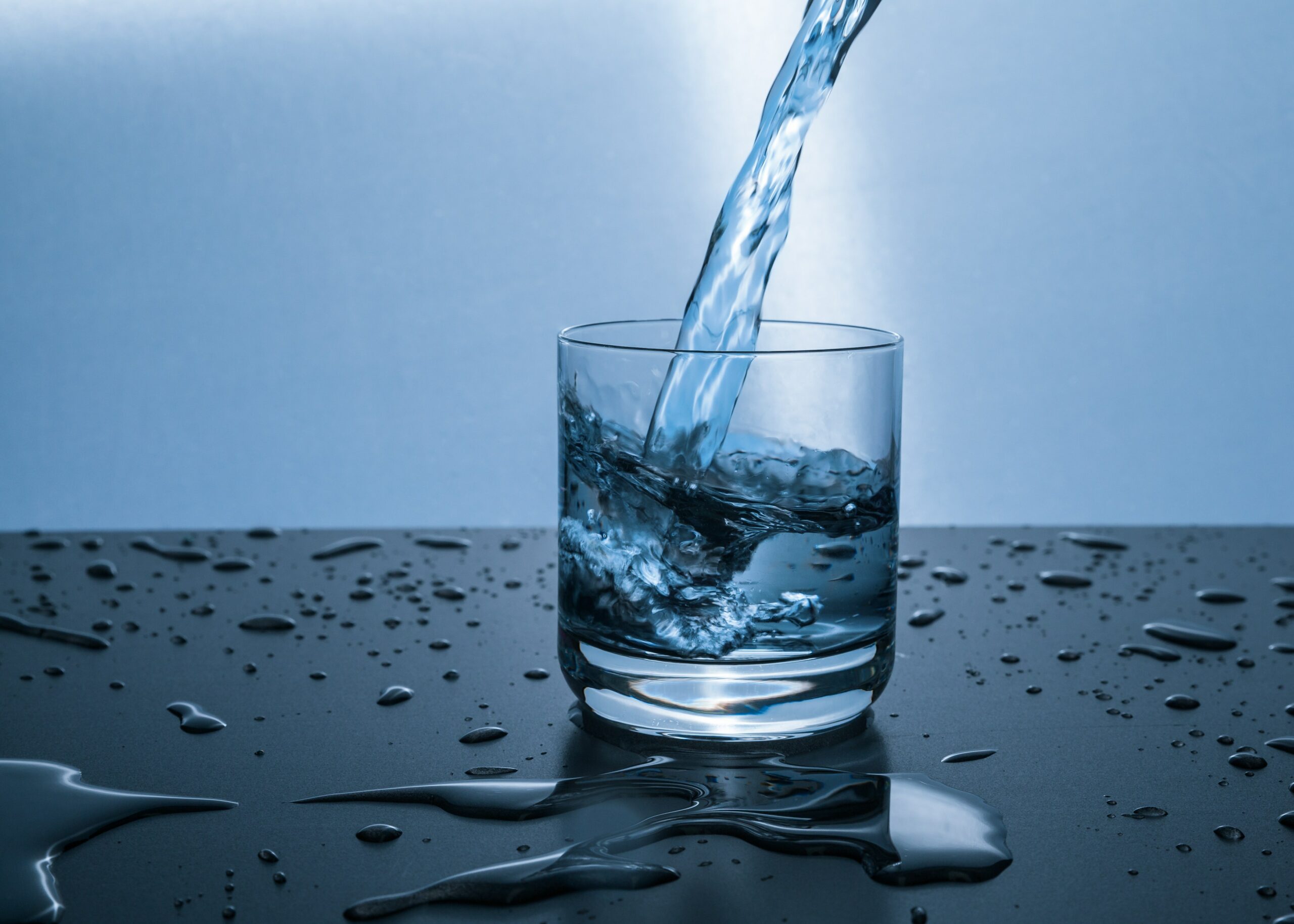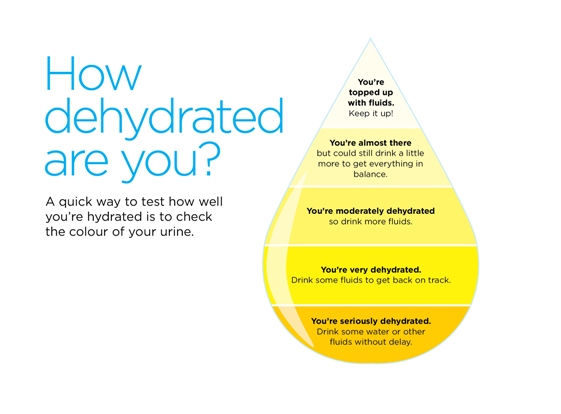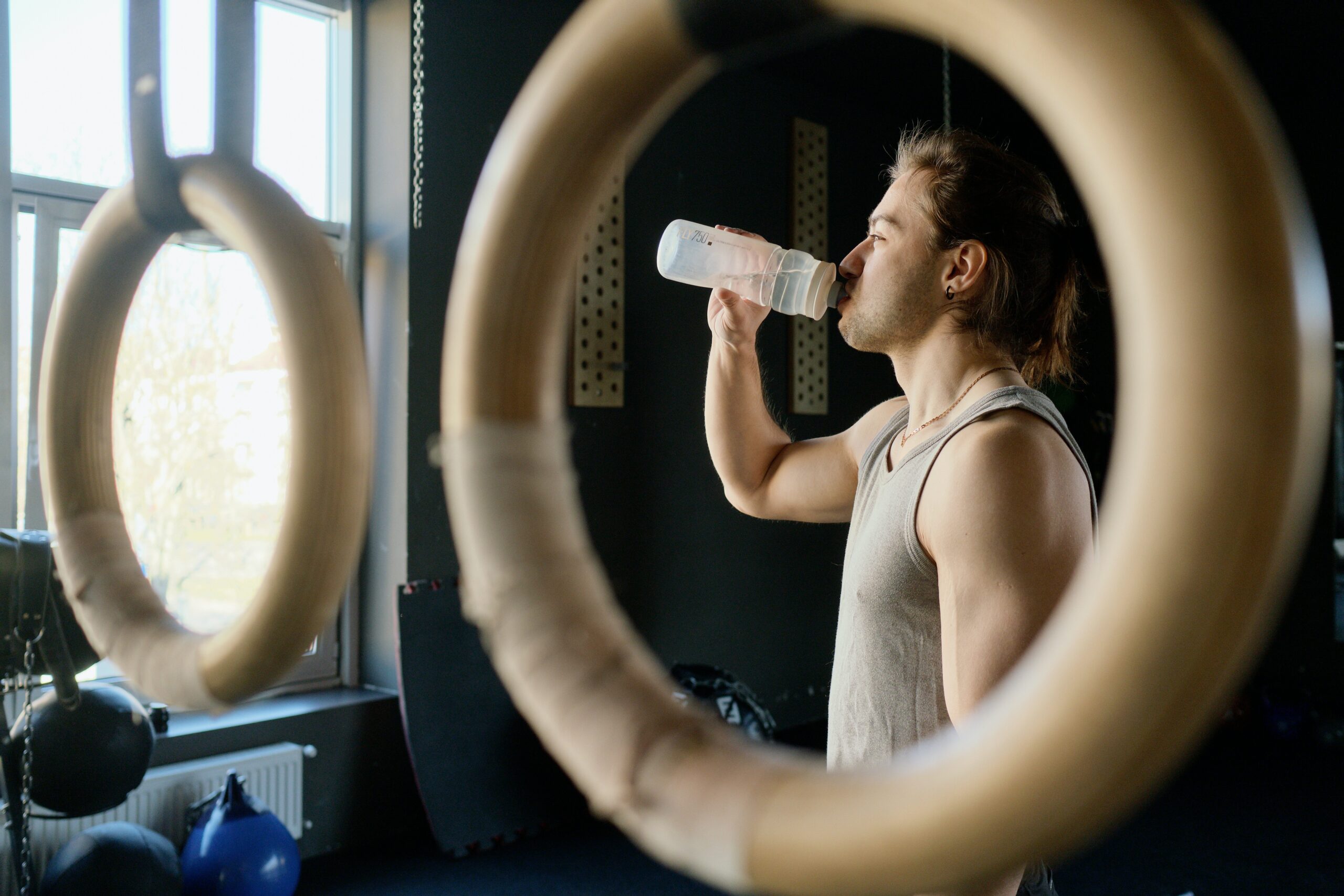- In recent years, the popularity of veganism has surged, driven by ethical, environmental, and health concerns. Among those embracing this lifestyle change are athletes, drawn by the promise of improved performance and faster recovery. However, transitioning to a vegan diet requires careful planning to ensure adequate intake of essential nutrients crucial for athletic performance.
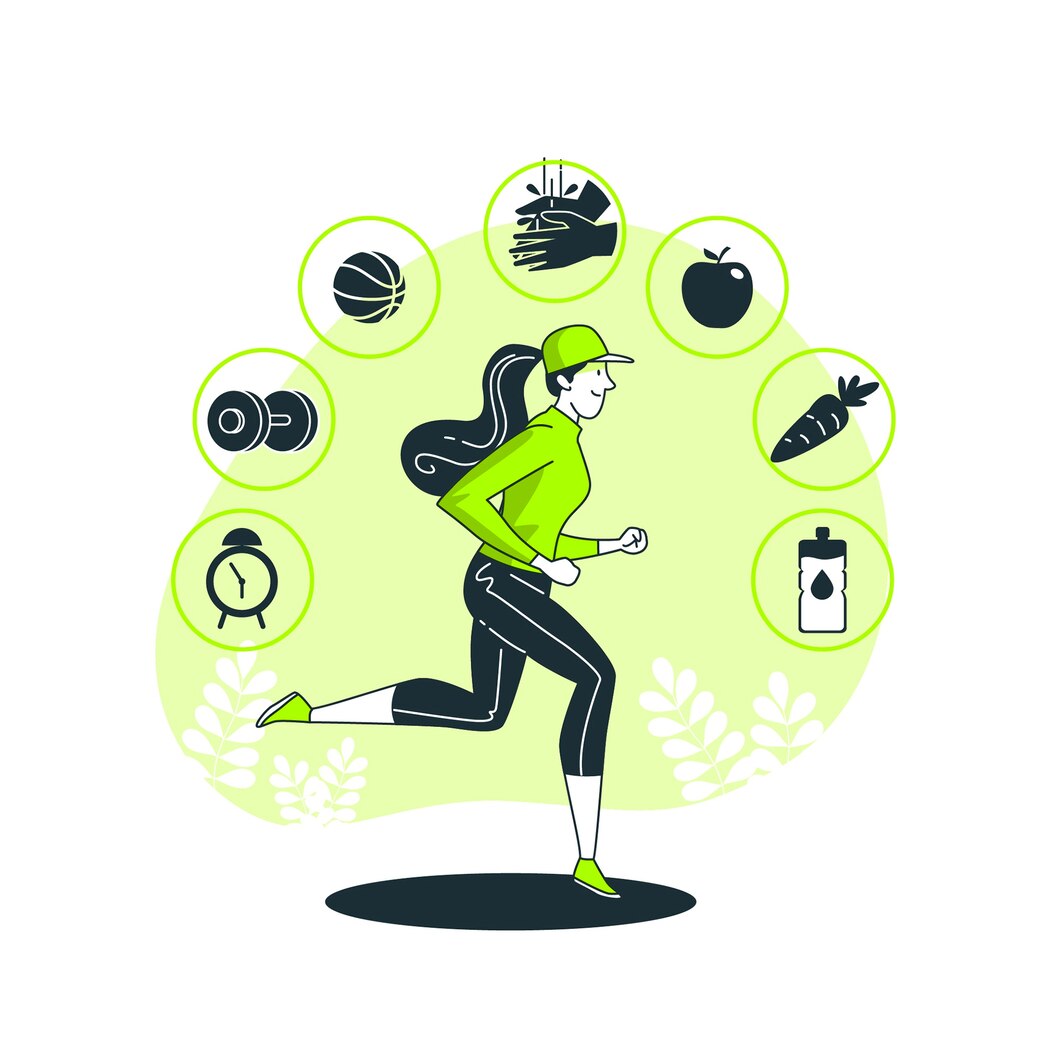
Here, we delve into key nutritional considerations for athletes who choose a vegan lifestyle:
1. Protein Powerhouse: Protein is essential for muscle repair and growth, making it a cornerstone of any athlete’s diet. While animal products are typically rich sources of protein, plant-based athletes can meet their protein needs through a combination of legumes (beans, lentils, chickpeas), tofu, tempeh, nuts & seeds. Incorporating a variety of these protein sources throughout the day ensures a complete amino acid profile, essential for optimal muscle function.
2. Iron and B complex Vitamins: Iron is crucial for oxygen transport in the blood, vital for endurance athletes. Plant-based sources of iron include spinach, lentils, tofu, quinoa, fortified cereals, and pumpkin seeds. Pairing iron-rich foods with vitamin C-rich foods, such as citrus fruits or bell peppers, enhances iron absorption. Additionally, B complex vitamins, particularly B12, are important for energy metabolism and nerve function. While B12 is primarily found in animal products, vegans can obtain it from fortified foods like plant-based milks, nutritional yeast, and supplements.
3. Omega-3 Fatty Acids: Omega-3 fatty acids play a crucial role in reducing inflammation and supporting cardiovascular health, both essential for athletes. While fatty fish is a common source of omega-3s, vegans can obtain them from plant-based sources such as flaxseeds, chia seeds, hemp seeds, walnuts, and algae-based supplements. Including these foods regularly ensures an adequate intake of alpha-linolenic acid (ALA), a precursor to other important omega-3 fatty acids like EPA and DHA.
4. Calcium and Vitamin D: Strong bones are essential for athletes to withstand the demands of training and competition. While dairy products are commonly associated with calcium, plant-based sources like sesame seeds, Millet like ragi, drumstick, fortified plant milks, tofu, kale, collard greens, and almonds can provide adequate calcium. Additionally, ensuring sufficient vitamin D intake is crucial for calcium absorption and bone health. While sunlight is a primary source of vitamin D, vegans may consider fortified foods or supplements, especially during winter months or in regions with limited sun exposure.
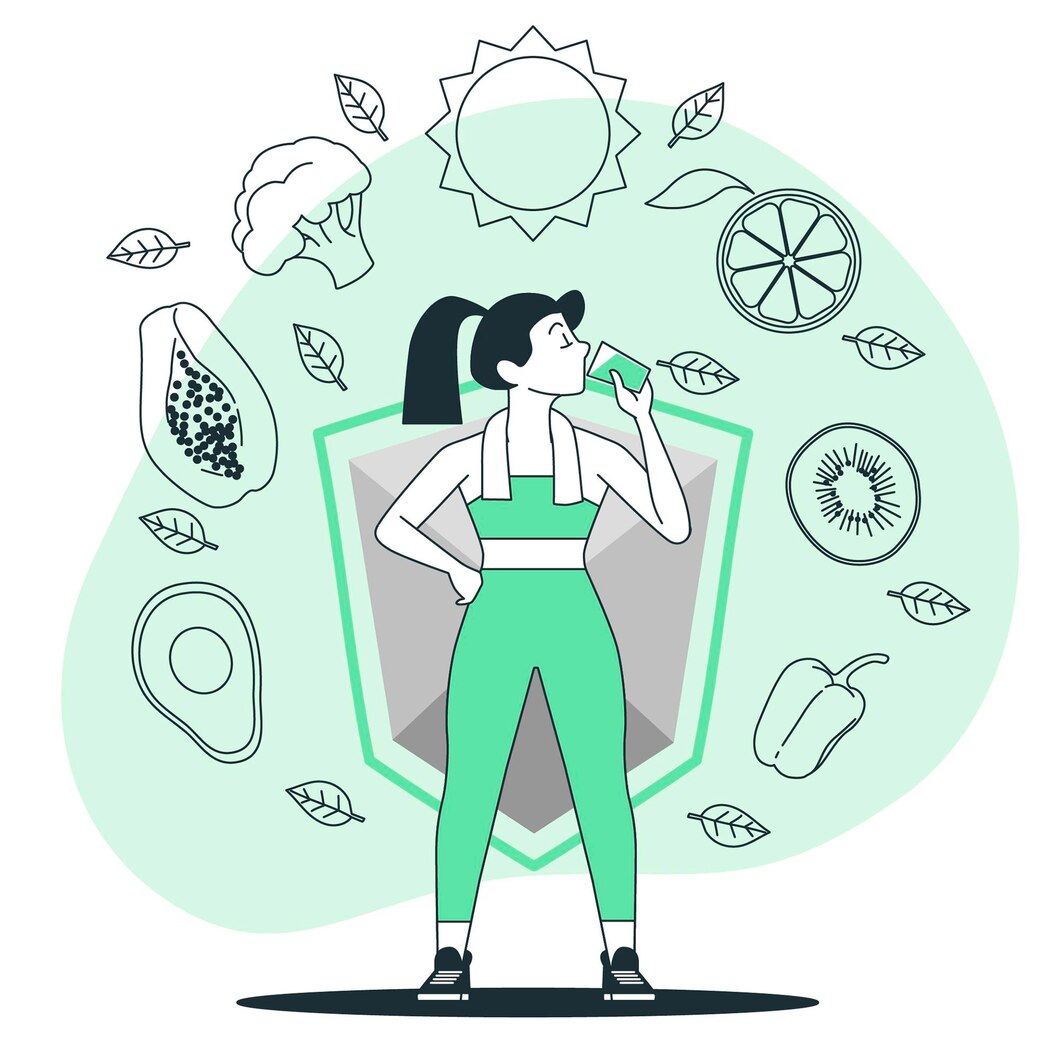
5. Hydration and Electrolytes: Proper hydration and electrolyte balance are critical for athletes to maintain performance and prevent dehydration and cramping. While water is the primary source of hydration, athletes should also replenish electrolytes lost through sweat, such as sodium, potassium, and magnesium. Natural sources of electrolytes include coconut water, bananas, sweet potatoes, and leafy greens. Additionally, incorporating a variety of fruits and vegetables into meals and snacks ensures adequate hydration and electrolyte intake.
Adopting a vegan diet as an athlete is entirely feasible with careful planning and attention to nutritional needs. Remember, consulting a sports nutritionist who can provide personalized guidance and ensure that you meet your specific dietary requirements as an athlete on a vegan diet.
With the right approach, vegan athletes can achieve their performance goals while promoting health, sustainability, and compassion for all beings.

